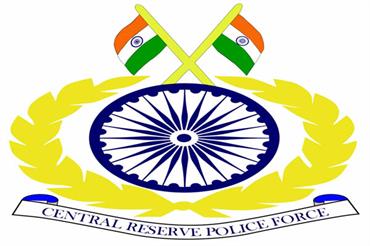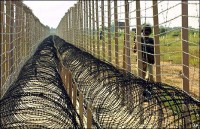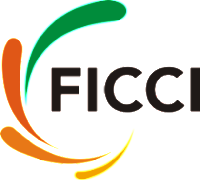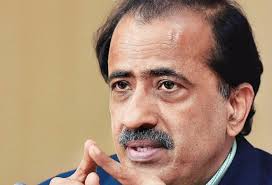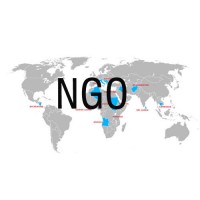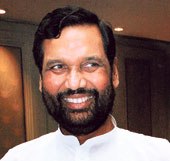To expand share of fashion jewellery in India’s export, the Export Promotion Council for Handicrafts (EPCH) is organizing the 9th edition of the three-day Indian Fashion Jewellery & Accessories Show (IFJAS-2016) at theIndia Expo Centre & Mart, Greater Noida, NCR Delhi from July 21 to July 23, 2016.
Over 250 manufacturers and exporters from all over the country will be showcasing the wide product range of fashion jewellery & accessories to attract overseas buyers and their representatives in sourcing their requirements under one roof, informed Shri D. Kumar, Chairman – EPCH.
Shri Dinesh Kumar, Chairman – EPCH further informed that IFJAS 2016 will provide a global platform for the Fashion Jewellery & Accessories sector to make a dent in the 16.3-billion-dollar world market and increase India’s share in this segment.
Mainly focusing on fashion products like fashion & costume jewellery, fashion accessories & head to toe adornments, IFJAS 2016 will also showcase the widest range of materials, products and designs in five categories comprising fashion jewellery, semi precious jewellery, fashion accessories, hand bags and fancy & embroidered fashion shoes, imitation jewellery and shawls.
Describing it an important part of India’s export basket, Rakesh Kumar, Executive Director – EPCH, stated that “India’s exports of fashion jewellery and accessories in the year 2015-16 was to the tune of Rs. 2755 crore, but its share in the world market is still very less and holding of IFJAS is part of Council’s drive to promote and expand horizons of key verticals of the handicrafts sector which has tremendous potential to expand further.”
The top importing Nations for jewellery in the world are USA, Germany, UK, France, Japan, Switzerland, Netherlands, Canada, Belgium, Hong Kong, Spain, Australia, Italy and Latin American countries and India is already exporting to these markets, the ED-EPCH added.
Mr. Rakesh Kumar, Executive Director, EPCH further said that “IFJAS would give a distinct platform to those specializing in the wide range of fashion products. A focused show for this sector, IFJAS would give exhibitors a unique opportunity to display capabilities and fully exploit their business potential.”
The exports of fashion jewellery and accessories from India went up from Rs. 2502 crore in 2014-15 to Rs. 2755 crores ( US million $ 421) in 2015-16, registering a growth of 10.10%, added Mr. Kumar.
The 9th edition of Indian Fashion Jewellery and Accessories show [IFJAS], which was started by the Export Promotion Council for Handicrafts [EPCH] to promote Indian Fashion jewellery and accessories, will open at India Expo Centre & Mart, Greater Noida on 21st July, 2016.
The main objective of IFJAS is to invite foreign buyers to source new and innovative fashion jewellery & accessories from India, said Mr. Rakesh Kumar, Executive Director – EPCH.
One of the highlights of IFJAS 2016 will be setting up of the theme of Trend Pick under which new product ranges developed by participants of IFJAS for Autumn-Winter 2016 and Spring Summer 2017 will be displayed. This will also provide trend mood boards for Spring Summer 2017, facilitating exporters and buyers to understand general focus for fashion accessories and prints.
Another highlight will be setting up of Young Designers Forum for providing business opportunities to upcoming designers for fashion jewellery sector.
Focus pavilion of North Eastern, Eastern & Western Region will also be set up at this show and entrepreneurs from these regions will be displaying exquisite fashion jewellery & accessories products.
In order to provide insight into latest trends and forecast and Online opportunities, seminars on Trends & forecast for Spring Summer 2017 in Fashion Jewellery and Accessories and digital marketing secrets to find out new profitable clients for exporters will also be held on 22nd July, 2016.
Ajay Shankar Memorial awards for best-designed stands in the category of fashion jewellery & accessories will also be distributed during IFJAS 2016 on 22nd July, 2016.
Export Promotion Council for Handicrafts also organizes IHGF-DELHI FAIR twice a year – Autumn Fair in October and Spring Fair in February.
IndianBureaucracy.com wishes the very best.


